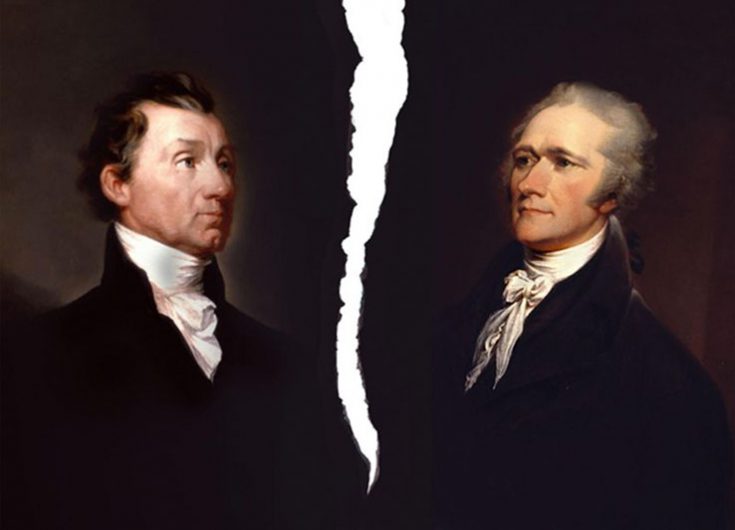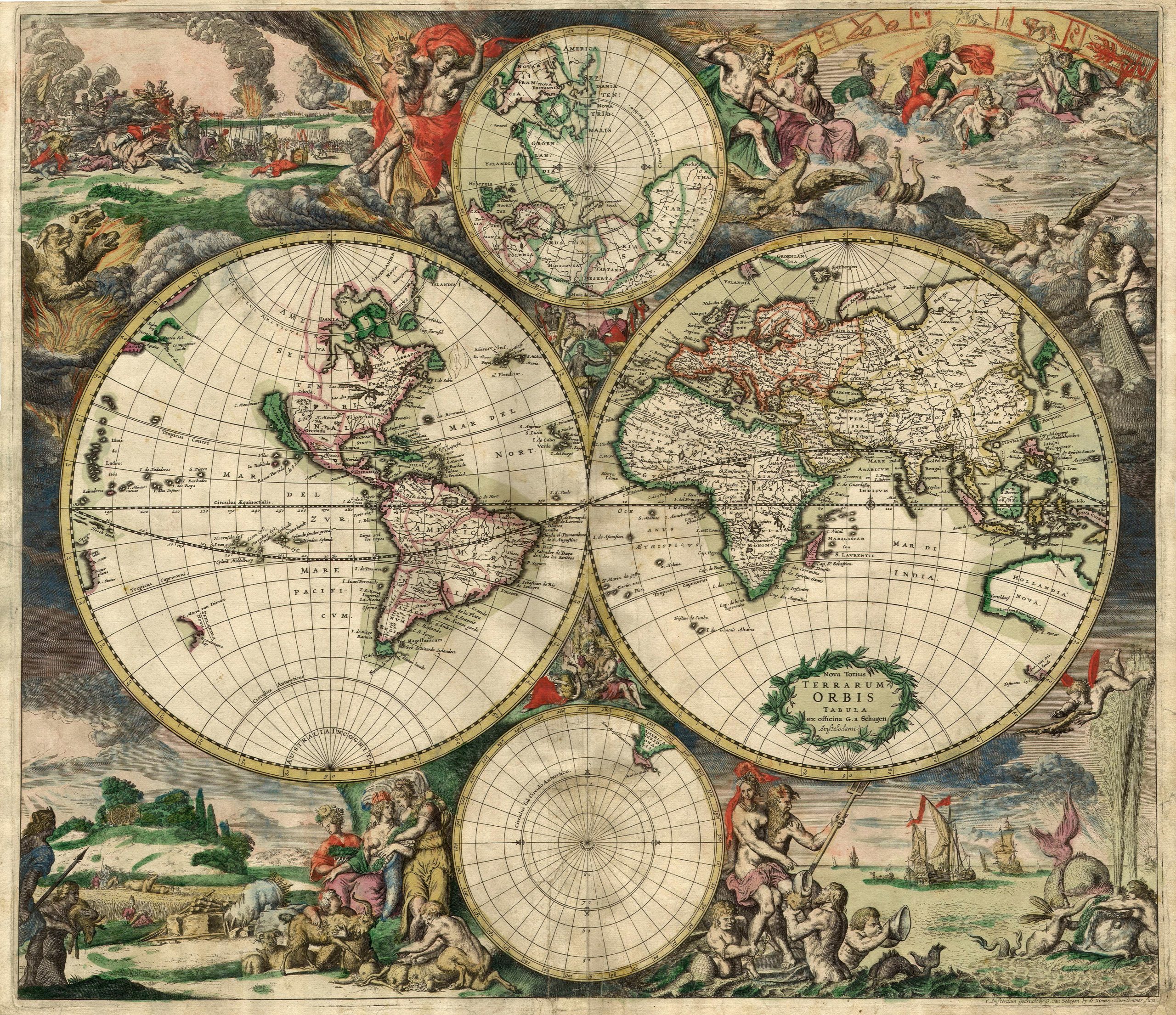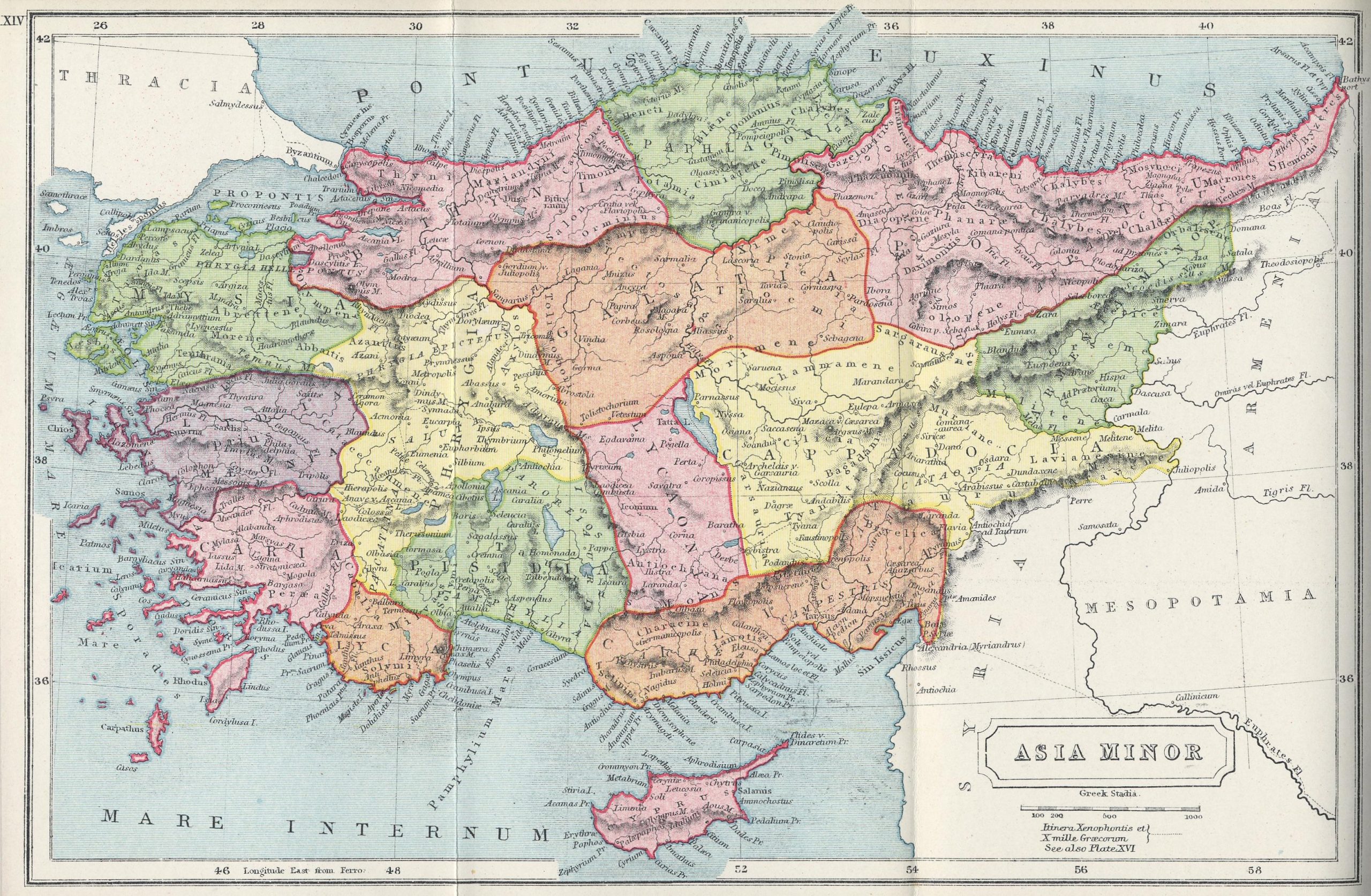From time to time in history, the very notion of “strategy” has come into question. Strategy, in this sense, means the ability to exercise some degree of “reflection and choice” in international politics and warfare; of being able to bring about a rational relationship between the exercise of power, especially military power, and policy objectives. Strategic skeptics, or in extreme cases, strategic atheists, if we may term them that, point to the recent failures of the United States in the Middle East (and before that, in Vietnam), and of the Soviet Union in the 1980s, as evidence that beyond a very limited point, policymakers’ efforts to exercise “strategy" points in the direction of imperial overstretch.
Is Strategy an Illusion? Karl Walling reflects on Richard Betts
From time to time in history, the very notion of “strategy” has come into question. Strategy, in this sense, means the ability to exercise some degree of “reflection and choice” in international politics and warfare; of being able to bring about a rational relationship between the exercise of power, especially military power, and policy objectives. Strategic skeptics, or in extreme cases, strategic atheists, if we may term them that, point to the recent failures of the United States in the Middle East (and before that, in Vietnam), and of the Soviet Union in the 1980s, as evidence that beyond a very limited point, policymakers’ efforts to exercise “strategy" points in the direction of imperial overstretch.




